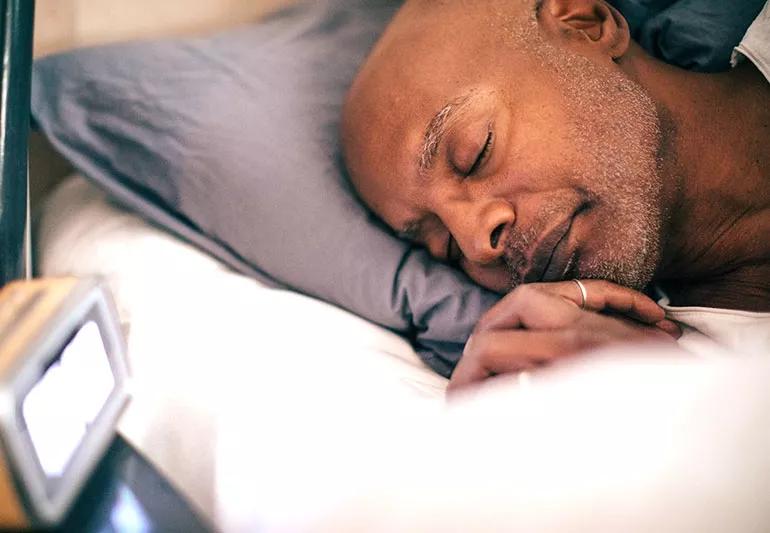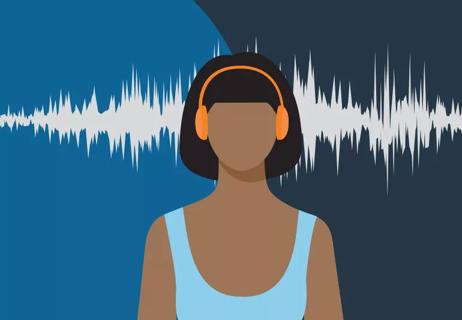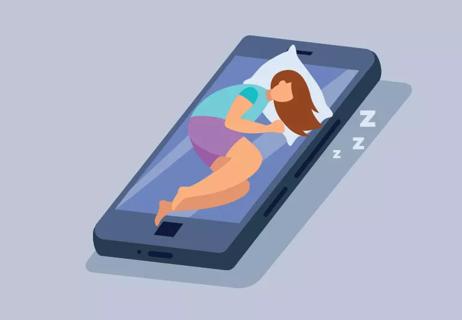Good nighttime and daytime habits can keep you well-rested

How many times have you experienced this: You’re wide awake at 3 a.m., unable to get back to sleep. Your mind races with a rising sense of panic about the difficult day ahead if you don’t fall back to sleep. But it seems impossible, at that point, to drift back to sleep.
Advertisement
Cleveland Clinic is a non-profit academic medical center. Advertising on our site helps support our mission. We do not endorse non-Cleveland Clinic products or services. Policy
What you’re experiencing is a type of insomnia, says behavioral sleep disorders specialist Michelle Drerup, PsyD.
Many underlying health problems such as chronic pain, sleep apnea or acid reflex can cause insomnia. But if your difficulty getting to and staying asleep isn’t due to health problems, here are some tips that can help you get back to sleep fast.
In addition to these tips above, you can also adopt daytime habits that will help you sleep better at night, Dr. Drerup says.
Advertisement
Chronic insomnia affects up to 15 % of adults, and many don’t seek treatment for it.
If your symptoms last longer than a month or so, it’s time to seek medical advice. Ditto if lack of sleep interferes with your daytime activities, Dr. Drerup says.
Advertisement

Sign up for our Health Essentials emails for expert guidance on nutrition, fitness, sleep, skin care and more.
Learn more about our editorial process.
Advertisement

Keeping a sleep diary and seeing a sleep specialist can help you stay asleep and get the ZZZs you need

What to do when your worries are keeping you from sleep

Expert tips from sleep specialists to get your sleep back on track

To avoid sleep deprivation and shift work sleep disorder, try adopting habits that minimize light exposure and prioritize daytime sleep

Sleep disorders, mental health conditions and other health concerns can all affect the quality of your sleep

Most people fall asleep within 10 to 20 minutes, but if your experience is different, adjusting your sleep schedule may help

Tart cherry juice contains natural compounds that may support better sleep

Even small moments of time outdoors can help reduce stress, boost mood and restore a sense of calm

A correct prescription helps your eyes see clearly — but as natural changes occur, you may need stronger or different eyeglasses

Both are medical emergencies, but they are very distinct events with different causes